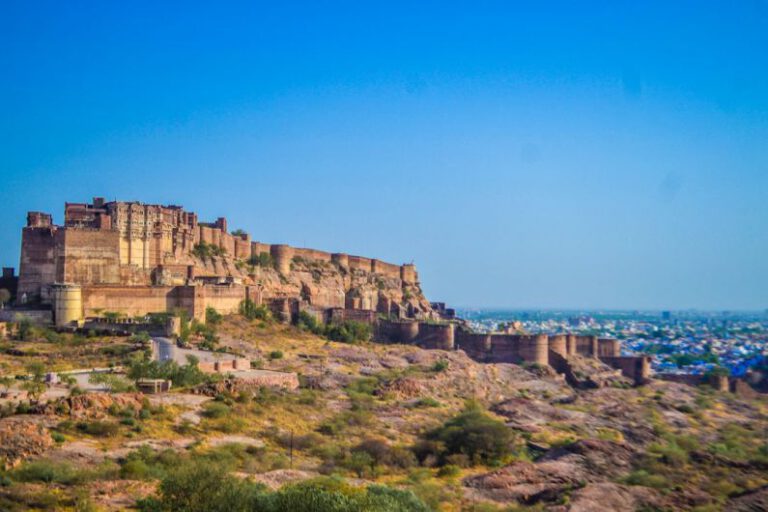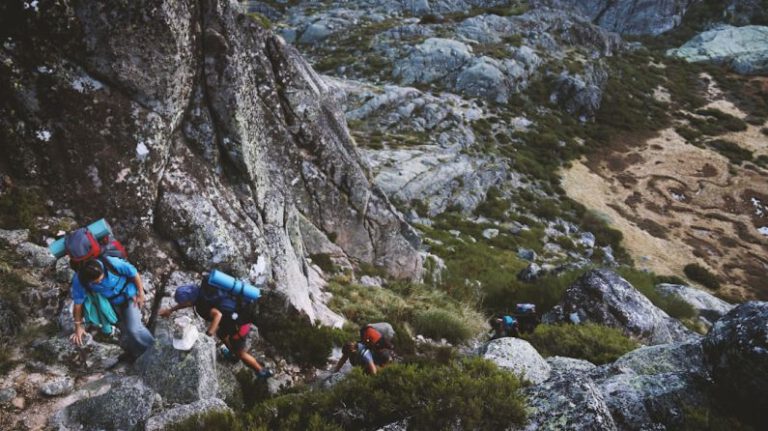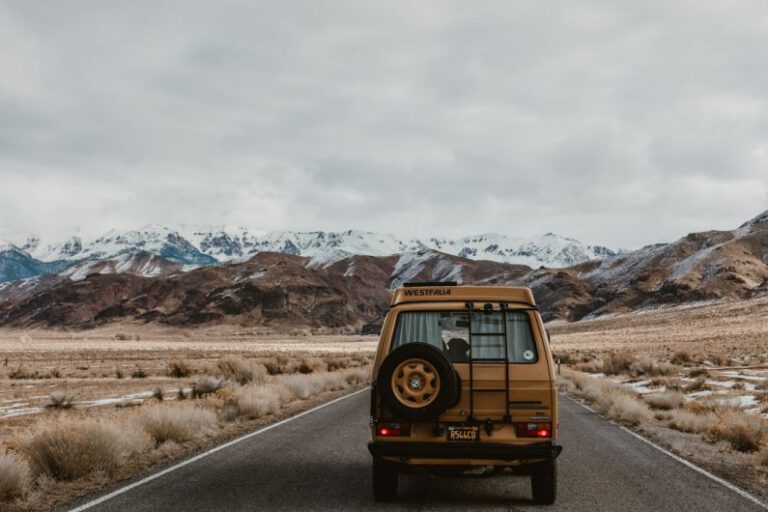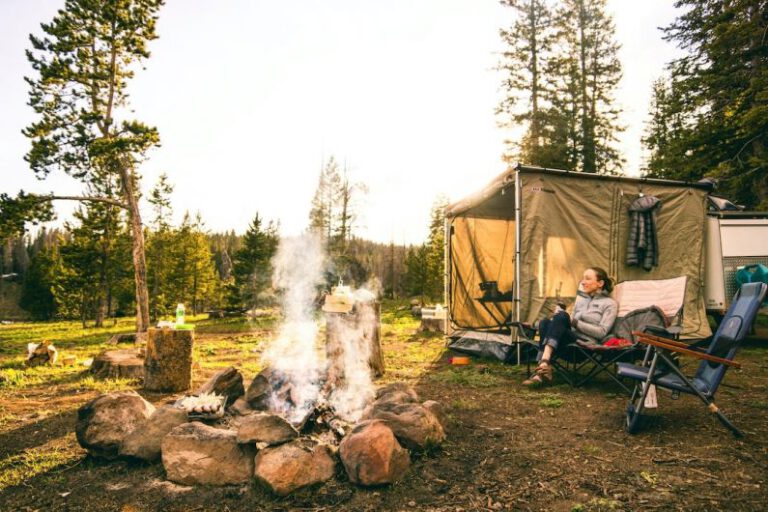What Are the Best Practices for Eco-friendly Camping?
Camping is a wonderful way to connect with nature and enjoy the great outdoors. However, it is important to practice eco-friendly camping to minimize our impact on the environment. By following a few simple guidelines, we can ensure that our camping trips are not only enjoyable but also sustainable. In this article, we will explore the best practices for eco-friendly camping.
Choosing the Right Campsite
When planning a camping trip, it is important to choose a campsite that is eco-friendly. Look for campsites that have a low impact on the environment, such as those that have designated camping areas. Avoid camping in sensitive or fragile ecosystems, such as wetlands or protected areas. Additionally, choose a campsite that is already established rather than creating a new one. This helps to minimize the impact on the surrounding environment.
Leave No Trace
The Leave No Trace principle is a set of guidelines that encourages campers to minimize their impact on the environment. These guidelines include packing out all trash, disposing of waste properly, and leaving natural and cultural features untouched. When camping, be sure to pack out all trash and dispose of it in designated receptacles. If there are no receptacles available, carry the trash out with you. It is also important to dispose of waste properly, including human waste. Use designated facilities or bury waste at least 200 feet away from water sources.
Use Sustainable Camping Gear
When it comes to camping gear, it is important to choose items that are eco-friendly. Look for gear that is made from sustainable materials, such as recycled or organic materials. Avoid single-use items whenever possible and opt for reusable alternatives. For example, instead of using disposable plates and utensils, bring your own reusable ones. Additionally, choose gear that is durable and built to last, as this reduces waste over time.
Conserve Water and Energy
Conserving water and energy is another important aspect of eco-friendly camping. When camping, be mindful of your water usage and try to minimize waste. Use water sparingly and avoid letting the faucet run unnecessarily. Additionally, consider using biodegradable soap for washing dishes and bathing to reduce the impact on the environment. When it comes to energy, opt for low-energy camping gear, such as LED lanterns or solar-powered chargers. These small changes can add up and make a big difference.
Respect Wildlife and Plant Life
One of the most important aspects of eco-friendly camping is respecting wildlife and plant life. When exploring nature, remember to observe wildlife from a distance and avoid disturbing their natural behaviors. Do not feed or approach wild animals, as this can disrupt their natural diet and behavior patterns. It is also important to avoid damaging or picking plants, as this can disrupt the delicate balance of the ecosystem. By respecting wildlife and plant life, we can help preserve the natural beauty of the areas we visit.
In conclusion, eco-friendly camping is all about minimizing our impact on the environment while enjoying the great outdoors. By choosing the right campsite, practicing Leave No Trace principles, using sustainable gear, conserving water and energy, and respecting wildlife and plant life, we can ensure that our camping trips are both enjoyable and sustainable. So, the next time you plan a camping trip, be sure to keep these best practices in mind and leave nature better than you found it. Happy camping!






